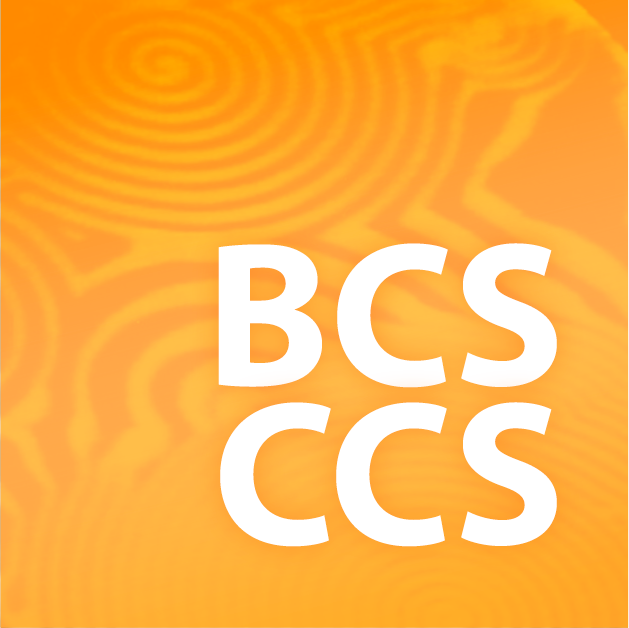|
8th Annual Symposium Physics of Cancer Leipzig, Germany October 4-6, 2017 |
PoC - Physics of Cancer - Annual Symposium |
|
|
Words
of Welcome
The fight against cancer is one of the key scientific challenges of the 21st century. With the revolutionary development of biochemistry and molecular biology, cancer research has focused since the 1970s on the molecular and genetic origins of cancer. Today, we know countless oncogenes and an immense number of molecular factors that determine tumor development in various forms and in different organs. However, a basic understanding, let alone the possibility to cure or control this complex disease, is still far beyond our reach. Despite enormous international efforts and an immense increase in knowledge, the number of cancer-related deaths has not diminished significantly over the past decades. In the light of our increasingly complex and diverse knowledge of molecular details, the search for basic principles and mechanistic paradigms of cancer is becoming more and more important. Here, medical research is strongly benefitting from the neighboring disciplines, such as bioinformatics or systems biology. In particular, the physics of soft condensed matter plays a central role in this context. Today, it becomes increasingly clear that the reductionist agenda of the physical approach is contributing essential insight into the physical foundations of cancer. The International Symposium 'Physics of Cancer' is fostering the interdisciplinary
exchange between the leading experts of this field. As a well-established
yearly conference, it has furthermore developed into a major networking
platform for young scientists in this newly emerging research area at the
interface between physics and cancer research.
Topics Included
|










